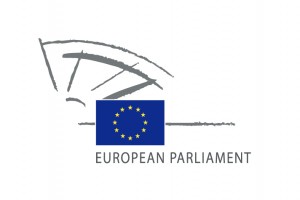 The EU Directorate General for External Policies has issued a report on ACTA in advance of this fall’s debate over ratification. Its primary recommendation is that “unconditional consent would be an inappropriate response from the European Parliament given the issues that have been identified with ACTA at it stands.”
The EU Directorate General for External Policies has issued a report on ACTA in advance of this fall’s debate over ratification. Its primary recommendation is that “unconditional consent would be an inappropriate response from the European Parliament given the issues that have been identified with ACTA at it stands.”
The report argues that ACTA technically does not conflict with the TRIPS Agreement or the Doha Declaration on TRIPS and Public Health, but “the manner in which member states implement the ACTA may pose problems.” Therefore,”if the Parliament decides to give its consent this should be conditional on the inclusion of statements that provide interpretation and guidance on how member states should apply ACTA in a way that complies with EU member states’ international obligations.” The conditions it recommends involve annotating the text to include mandatory safeguards found in TRIPS, and protecting the movement of goods in transit.
Regarding ACTA’s conformity with the EU Acquis: “it can be argued that the provisions of ACTA appear to be, in most cases, in line with the EU acquis communautaire. However, in some cases, ACTA is arguably more ambitious than EU law, providing a degree of protection that appears to go beyond the limits established in EU law.” The report recommends that Parliamentarians for whom conformity with the acquis is a sine qua non “this study cannot recommend that they provide such consent to ACTA as it now stands.”
The full report is here.
Civil society response:




